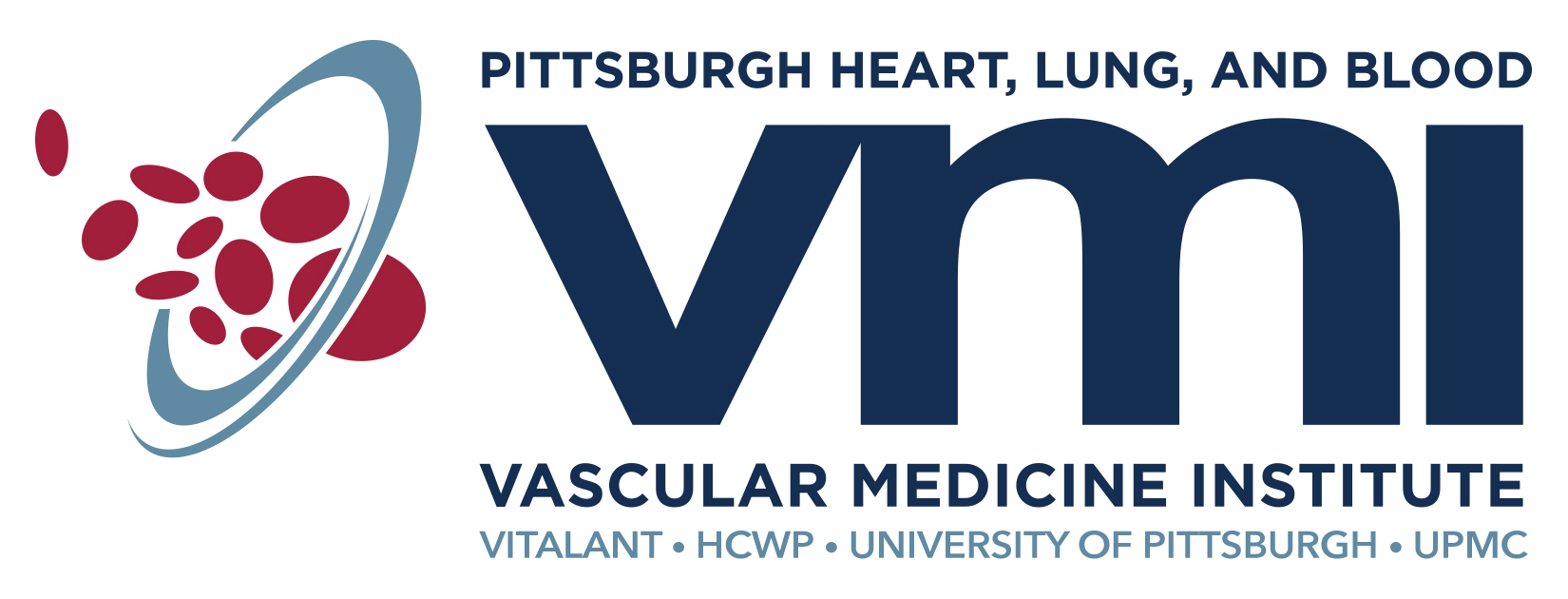Computational repurposing of therapeutic small molecules from cancer to pulmonary hypertension Vinny Negi1†, Jimin Yang1†, Gil Speyer2, Andres Pulgarin1, Adam Handen1, Jingsi Zhao1, Yi Yin Tai1, Ying Tang1, Miranda K. Culley1, Qiujun Yu1, Patricia Forsythe1, Anastasia Gorelova1, Annie M. Watson1, Yassmin Al Aaraj1, Taijyu Satoh1, Maryam Sharifi-Sanjani1, Arun Rajaratnam1, John Sembrat3, Steeve Provencher4, Xianglin Yin5,Sara O. Vargas6, Mauricio Rojas7, Sebastien Bonnet4, Stephanie Torrino8, Bridget K. Wagner9, Stuart L. Schreiber9, Mingji Dai5, Thomas Bertero8, Imad Al Ghouleh1‡, Seungchan Kim10‡, Stephen Y. Chan1‡§ 1Center for Pulmonary Vascular Biology and Medicine, Pittsburgh Heart, Lung, Blood, and Vascular Medicine Institute, Division of Cardiology, Department of Medicine, University of Pittsburgh School of Medicine and University of Pittsburgh Medical Center, Pittsburgh, PA, USA. 2Research Computing, Arizona State University, Tempe, AZ, USA. 3Division of Pulmonary and Critical Care Medicine, Department of Medicine, University of Pittsburgh School of Medicine and University of Pittsburgh Medical Center, Pittsburgh, PA, USA. 4Pulmonary Hypertension and Vascular Biology Research Group, Faculty of Medicine, Laval University, Quebec, QC, Canada. 5Department of Chemistry, Center for Cancer Research, Institute for Drug Discovery, Purdue University, West Lafayette, IN, USA. 6Department of Pathology, Boston Children's Hospital, MA. 7Division of Pulmonary, Critical Care, and Sleep Medicine, Dept of Medicine, Ohio State University College of Medicine, Columbus, OH, USA. 8Université Côte d'Azur, CNRS, IPMC, Sophia-Antipolis, France. 9Chemical Biology and Therapeutics Science Program, Broad Institute of MIT and Harvard, Cambridge, MA 02142, USA. 10Prairie View A&M Univ, Prairie View, TX, USA. |
Pulmonary hypertension (PH) is an incurable vascular disease for which chemotherapies are being considered for therapies. Big data analyses that leverage the molecular parallels between cancer and PH may define novel pathogenic mechanisms and candidate cancer drugs for application to PH. We developed a computational pipeline (EDDY-CTRP-PH) to predict small molecule drugs, originally developed for cancer treatment, that rely upon rewiring of crucial PH gene dependency networks and thus would represent prime candidates for development for PH therapy. To do so, the algorithm EDDY (Evaluation of Differential DependencY) was applied to publicly available databases cataloguing molecular profiles of cancer cell lines that are sensitive or resistant to a range of therapeutic compounds. Consequently, EDDY-CTRP-PH identified compounds that affect differentially rewired PH-related gene clusters (differential dependency networks, DDNs). The comprehensive results are available here, based on a catalog of rewired PH DDNs relevant to individual drugs (EDDY-CTRP-PH: Individual drugs) and DDNs relevant across multiple drugs, i.e. compound class, that target the same downstream protein (EDDY-CTRP-PH: Drug class). |
 |
 |
 |
